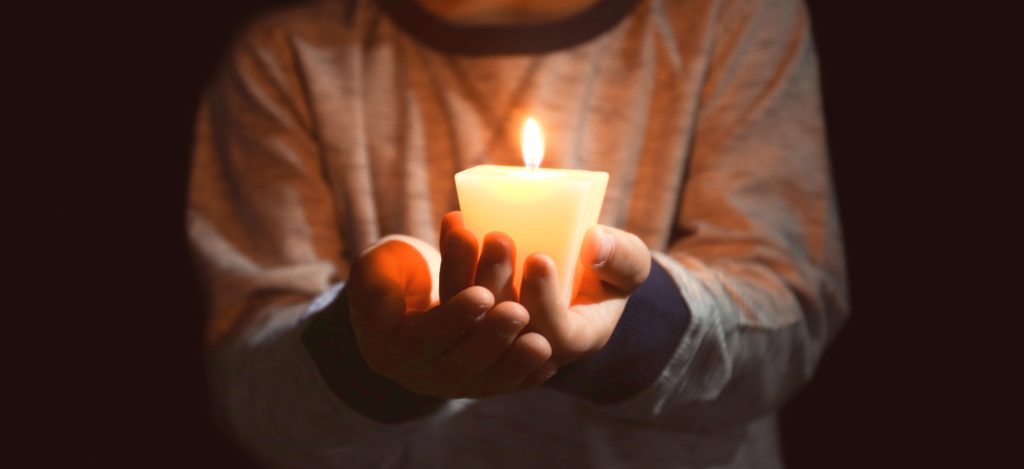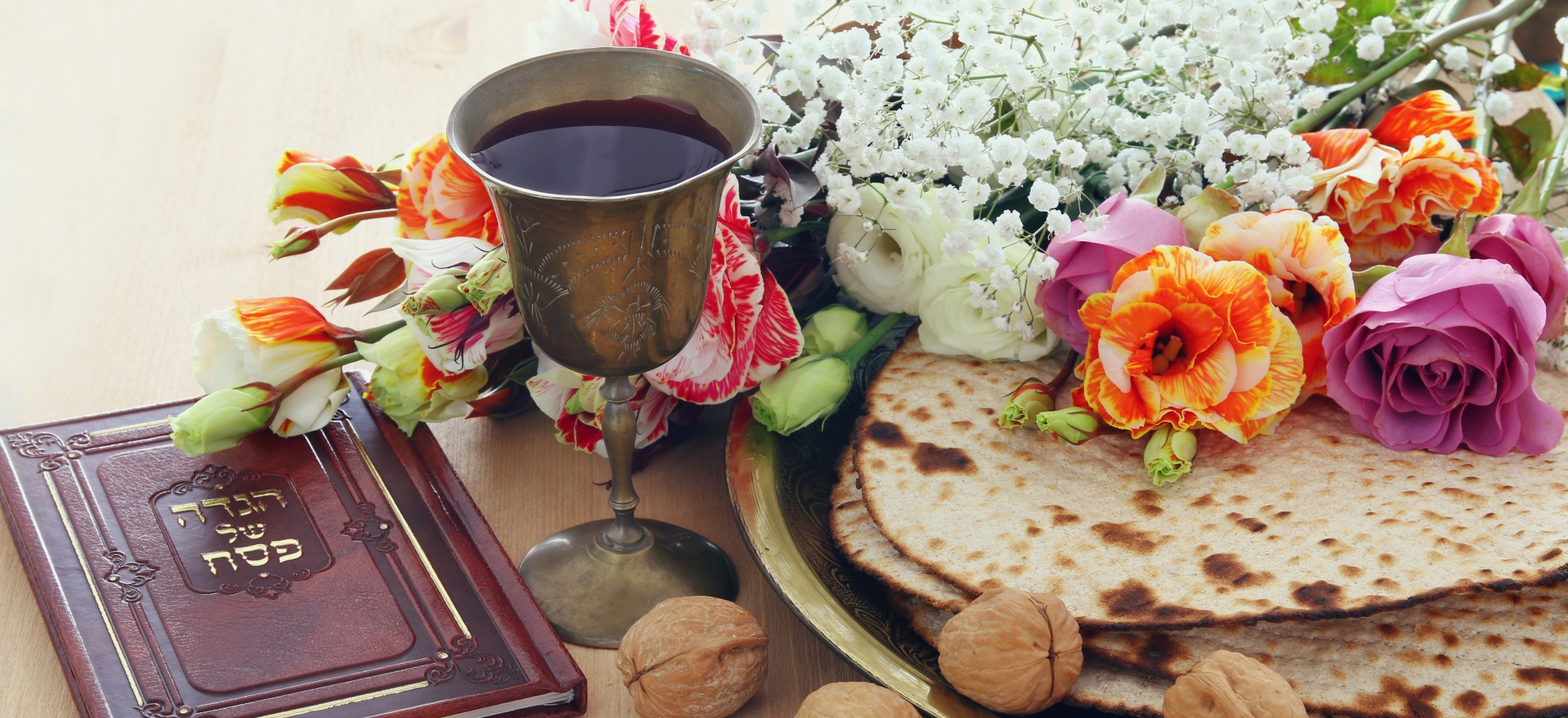Having survived suicide twice, I do believe that first and foremost, as survivors (of any kind of the death of a loved one) we need to truly believe that the loss was not our fault. This is how the healing starts; this, however, is not how it ends.
Whether someone is grieving a suicide, or the death of a loved one in general, whatever the cause, the next ingredient is time. After all, why should healing the soul be any different than healing the body? Even if you suture a cut, it still needs the ingredient of time to fully mend. So too, a person simply needs to sit, grieve, and process their emotions if they are going to heal after the loss of a loved one, particularly the loss after suicide. There is no substitute for time.
And yet time, in and of itself, is not enough. Time can be constructive but it can also become destructive to be sure. When death casts its shadow if one does not consciously decide to survive, to live, to “choose life,” time can and will erode a person’s will to live.
But once someone has done all of this, then comes the final step along the journey through mourning. If one is to truly move forward they cannot do it, unless they learn to “Carry the Fire.”
Carrying the Fire was inspired within me by the following excerpt taken from Cormac McCarthy’s book, The Road. This Pulitzer Prize-winning story is about a father and his young son who have survived a nuclear holocaust. In this horrific scenario, the vast majority of humanity has been eradicated from the earth. A handful of stragglers have survived and try desperately to stay alive, constantly foraging for food and shelter in this grim, struggle-filled existence. To make matters worse not only do father and son have to contend with the elements but also with roaming bands of “bad guys,” as the boy has dubbed them. It is an atrocious time and no wonder the father thinks daily about taking his son’s life and then his own to escape this miserable reality. And yet, as he is about to die, not at his own hand, but rather from the ravages of his physical condition, leaving his precious child alone on the road of such a cruel world, still just before he dies, the following conversation ensues.
[The dad took his son’s hand, wheezing.]
“You need to go on,” he said. “I can’t go with you. You need to keep going. You don’t know what might be down the road. We were always lucky. You’ll be lucky again. You’ll see. Just go. It’s all right.”
I can’t [said the boy].
It’s all right [said the dad]. This has been a long time coming. Now it’s here. Keep going south. Do everything the way we did it.
You’re going to be okay, Papa [said the boy]. You have to.
No. I’m not [said the dad]. Keep the gun with you at all times. You need to find the good guys but you can’t take any chances. No chances. Do you hear?
I want to be with you [said the boy, meaning I want to die, too].
You can’t [said the dad].
Please [said the boy].
You can’t. You have to carry the fire.
I don’t know how to. I don’t know what the fire is?
Yes, you do, son.
Is it real? The fire? [asked the boy].
Yes it is [said the dad].
Where is it? I don’t know where it is [said the boy].
Yes, you do. It’s inside you. It was always there. I can see it [said the dad].
…You’ll be okay. You’re going to be lucky. I know you are. I’ve got to stop talking. I’m going to start coughing again.
It’s okay, Papa. You don’t have to talk. It’s okay.
–Cormac McCarthy, The Road, pp. 278-279.
Surviving the death of a loved one is no small feat. To live on after a friend, sibling, spouse, parent, or child has taken their own life is absolutely a living hell. It takes every ounce of our being to simply survive and that is a crucial starting point indeed. But the truth of the matter–it is not enough.
We are not placed into this life merely to survive. We do not serve our deceased loved ones, particularly those who tragically ended their own lives, by merely staying alive. It is a start; it is not an end.
What we owe ourselves, what we owe our Creator, and most of all what we owe our loved ones is to find a reason for being here, a purpose for our lives, and blessings from the curses which have been thrust upon us. We may not know what those blessings might be after the tragedy of loss–but there are blessings to be found, to be cultivated, or to be demanded from the tragedy. We may not know how to find light in the darkness but it can be found; it can be created, if we are committed to the light.
We may not know how we will carry the fire of our loved one, but if we open ourselves up to the possibility, and commit our energy to this mission, in time we will give our life no choice but to yield answers.
To Carry the Fire is to not only make a choice to subsist or exist in the shadow of death, in the absence of our loved one, in the wake of tragic loss. To Carry the Fire is to choose to live with a purpose–the purpose of making meaning of the loss, the purpose of finding opportunities for possibility, for growth, and even for blessings. To Carry the Fire is to decide to live passionately, purposefully, and completely, not merely for ourselves, but for our loved ones as well.
If you are surviving death of any kind–keep on surviving; continue each and every day to choose life. But if you want to do more than survive, if you want to carry forward the memory, the essence and the soul of your loved one then choose to Carry the Fire; choose to carry their fire. It is what they want from you. It is what you were placed in this life to do. It is how you will not only survive but once again thrive. Carry the Fire for them, for your children, family, and friends. Carry the Fire for yourself and someone will one day Carry the Fire for you.




